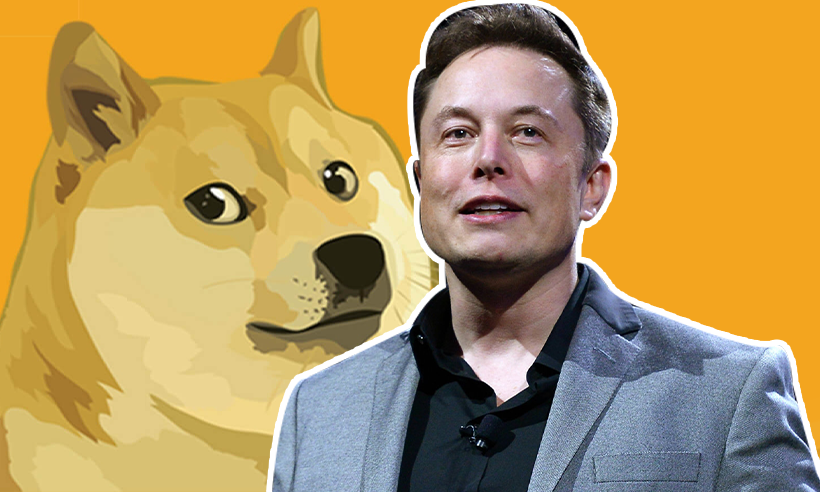How Elon Musk’s DOGE Initiative Could Truly Benefit the Government

In the whirlwind of political announcements, the establishment of the Department of Government Efficiency, or DOGE, by President-elect Donald Trump, spearheaded by none other than Elon Musk and Vivek Ramaswamy, stirs both intrigue and skepticism.
This initiative, cleverly acronymed after the beloved Dogecoin, aims to streamline the bureaucratic behemoth that is the U.S. government. But can this endeavor truly make a dent in the vast expanse of government inefficiency, or is it merely another meme-worthy policy with little substance?
The Challenge of Deregulation
Deregulation is akin to navigating a labyrinth designed by a bureaucracy enthusiast. The very system that these regulations protect is also what makes their elimination so arduous. The dismissal of entrenched bureaucrats isn't just a matter of policy; it's a legal and administrative quagmire. The financial aspect, while significant, is but a footnote in the broader narrative of governmental operations. Here, losing battles against red tape is the norm, not the exception.
Setting Priorities for Efficiency
Given these challenges, pinpointing areas where DOGE can make a real impact is crucial. One strategic approach would be to prevent over-regulation in emerging sectors like artificial intelligence. Instead of knee-jerk legislation, fostering a regulatory environment that encourages innovation could keep the U.S. at the forefront of AI development. This sector promises to enhance productivity across various industries, from health care to technology, potentially revolutionizing how we live and work.
However, not all new sectors require less regulation. Take cryptocurrencies, for instance. Here, the government's role might paradoxically need to expand to provide clarity and stability. By defining the legal status of cryptocurrencies, the U.S. could maintain its competitive edge in financial technology, appealing to the growing demographic of crypto investors.
Building on the YIMBY Movement
Another avenue for efficiency lies in supporting the YIMBY (Yes In My Backyard) movement, which advocates for less restrictive zoning laws to increase housing availability. This isn't just about homes; it's about economic growth. By also applying this philosophy to renewable energy projects, Trump could find common ground with environmentalists, promoting green energy while supporting economic development. This dual approach could be a masterstroke in appealing to a broad voter base.
Streamlining Medical Trials
Perhaps the most ambitious yet potentially rewarding task for DOGE is the reform of medical trials. In an era where medical science is advancing at breakneck speed, the approval process for new treatments remains mired in outdated practices. Simplifying these procedures could accelerate the availability of life-saving treatments, particularly beneficial for an aging population keenly aware of health issues. The payoff here isn't just health improvement but also an increase in the quality of life for millions.
The Political Realities of DOGE
Despite the potential, DOGE faces significant challenges. Its governance structure remains nebulous, and its longevity could depend heavily on political will and public interest. The department must navigate the tricky waters of political favoritism and maintain the focus of a president known for his shifting priorities. Moreover, while deregulation might excite certain political factions, it's not a universal desire among the electorate, which often values regulation for consumer protection and environmental safety.
Cautious Optimism
The idea of DOGE, while initially appearing as a whimsical nod to internet culture, holds the potential for significant real-world impact if executed with precision and foresight. It must carefully select its battles, focusing on where it can achieve the most efficiency without sacrificing the essential regulatory frameworks that protect public interest. If DOGE can indeed walk this tightrope, it might just prove that even in government, efficiency isn't just a dogecoin meme but a tangible goal worth pursuing. However, for now, its success hinges not just on the brilliance of its leaders but on the complex interplay of policy, public sentiment, and the ever-shifting sands of political will.

